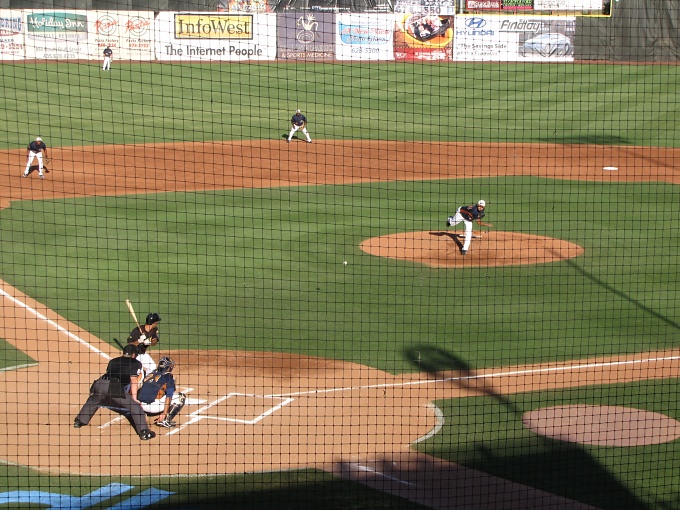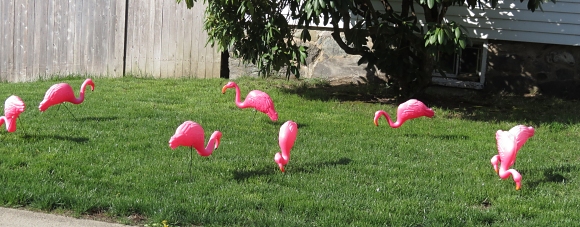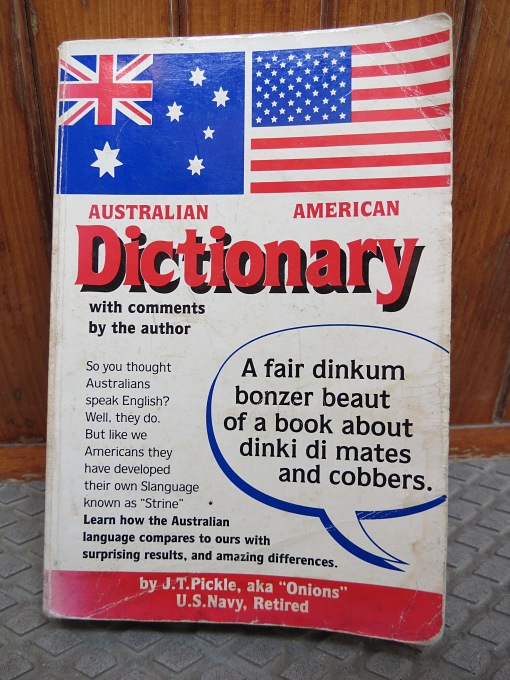Baseball
/I see great things in baseball. It's our game – the American game. - Walt Whitman
It's baseball season! I don't ever remember not knowing about baseball. My Dad, who seldom ventured into the big city of Boston from our home 50 miles away, took me to see the Boston Red Sox play at Fenway Park at least once every year. Dad was a busy, hard-working blue-collar guy who still managed to get house chores done. No matter what needed to be done, however, when the Boston Red Sox played a televised game, he'd grab a beer and sit and watch it. Mom would join him. She loved the Red Sox, too. At 86, she still does.
It's a pretty easy game. A guy from one team pitches a ball to a guy on the other team who's holding a bat. The batter tries to hit the ball. He's got three chances, with some accommodation for foul balls and such. If he's successful, he runs and touches as many bases as he can (up to four), while the other team tries to catch the ball and touch him or the base before he gets there. If he's unsuccessful, he strikes out. Or if the pitcher doesn't throw strikes or hits the batter … hmm ... it's really sounding a bit more complicated than I imagined. We took a South African friend to a game once and tried explaining the rules as the game progressed. He gave up after awhile in frustration.
Some think it's a boring game. Nine innings can seem interminable sitting in the stands if you don't like the game or understand it. According to Ray Fitzgerald in the Boston Globe, a critic once characterized baseball as six minutes of action crammed into two-and-one-half hours. According to others, however, baseball is life.
Baseball has its own terminology. Bunts, stolen bases, designated hitters, curve balls, screwballs and knuckle balls, the bullpen and the 7th inning stretch. It's also got lots of colloquial expressions associated with it like the Bronx cheer, deuces and dingers. It's even got its own song and you'd be hard pressed to find a kid in America that doesn't know “Take Me Out to the Ballgame”. There are lots of movies about baseball. My favorites are “Bull Durham” and “Field of Dreams”, but that may have something to do with Kevin Costner. I remember making a family pilgrimage to Cooperstown, New York in the early 1960's to visit the National Baseball Hall of Fame and Museum. It was quite the trip.
Abner Doubleday is credited with the invention of the game. The earliest known mention of baseball in the United States was a 1791 Pittsfield, Massachusetts ordinance banning the playing of the game within 80 yards (73m) of the town meeting house. Nowadays, from April through September, 30 teams including one from Canada, play 162 games culminating in the World Series. In the summertime, it's truly the American pasttime.
I did a little research about baseball, mostly because I really like trivia. I learned things like
- The average life of a baseball in the major leagues is 6 pitches.
- Rawlings Sporting Goods produces 20,000 baseballs for the professional major leagues per year in their Costa Rica plant. Minor league balls are produced in China.
- Each ball must weigh between 5 to 5.25 ounces, is covered in cowhide (used to be horsehide, but that's hard to come by these days) and must be handsewn with 108 stitches.
- Before every game the umpires rub down each ball with river-bottom mud obtained from a tributary of the Delaware River in New Jersey. Really! I didn't believe this one, but sure enough Lena Blackburn's Baseball Rubbing Mud is still in use.
Not familiar with baseball? From another country or planet? Try watching Abbott and Costello's “Who's on First” for a better explanation.










